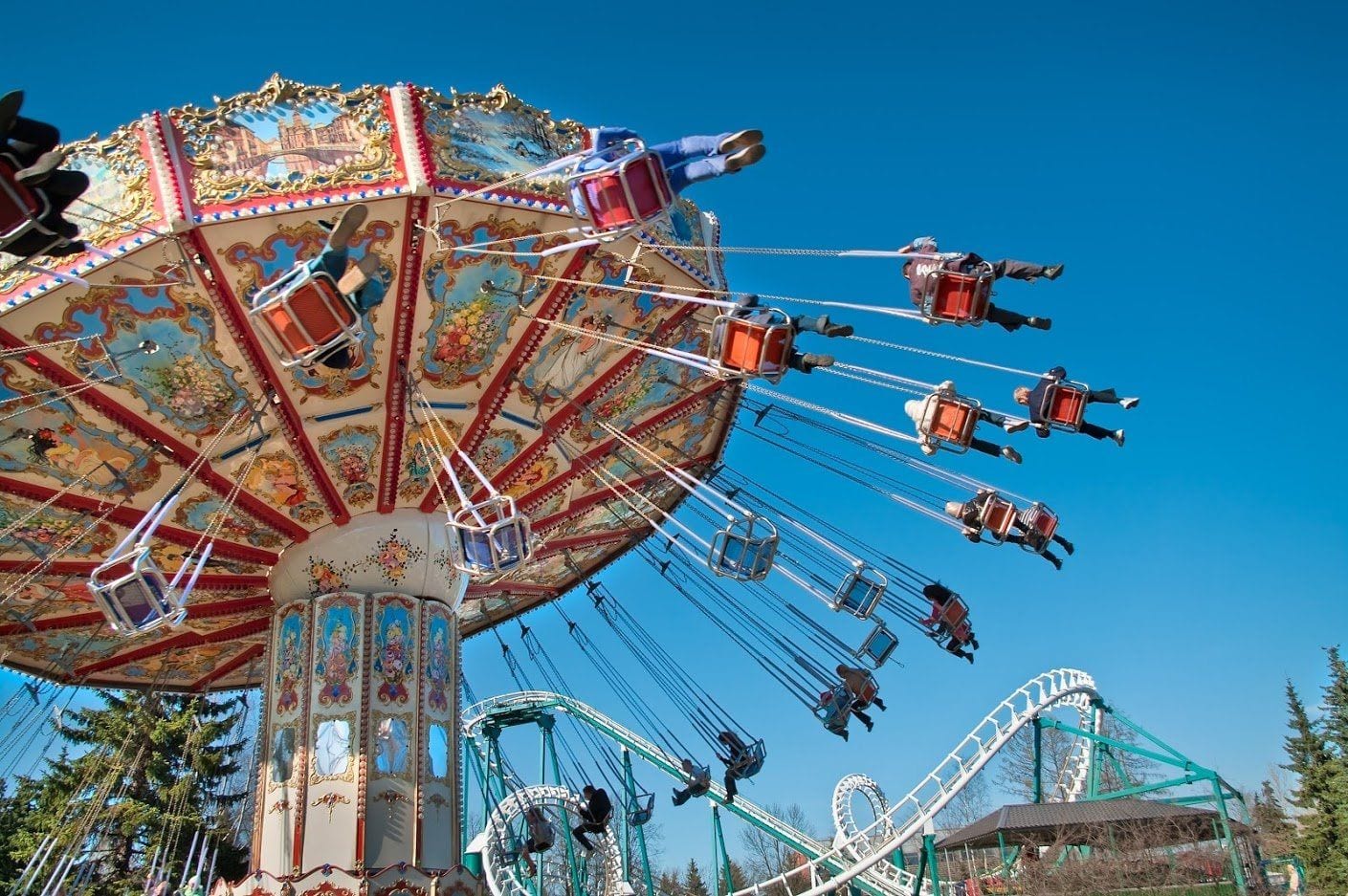

Amusement parks are relatively safe, but accidents can occur in the safest places. Luckily, those who observe the relevant safety measures can enjoy themselves and return home safely. Below are some tips to keep your family safe the next time you visit an amusement park.
Theme park operators have rules and regulations for all their visitors. They use the rules and regulations to prevent injuries and minimize their exposure to liability claims. Typical rules include:
Follow the rules to the letter, even if you think you can break one and get away with it.
You might get lost in fun and forget to eat or drink. Moreover, many attractions sit outdoors, which means heat exposure. Both increase the risk of dehydration. Children are particularly vulnerable to dehydration. Unfortunately, the complications of dehydration increase the risk of injury. For example, extreme dehydration can trigger seizures, which can lead to an accident.
Don’t stay quiet whenever you are not sure of something. Speak up when you suspect danger. Ask questions if you are not sure of something. Adequate knowledge will keep you safe.
Say you are sitting in a ride, and the belt or latch is not as snug as you think it should be. Don’t assume that the attendant is perfectly aware of the situation. What if the restraint has malfunctioned or the attendant forgot to adjust it? Speak up to confirm your safety before the ride begins.
Young children require careful supervision to avoid injuries. If you have a young child, stay with them so that you can:
Ensure the kids get enough rest before and during your excursion — exhaustion increases the risk of an accident.
Every member of your group should know and observe their limits. For example:
Don’t be embarrassed to sit out an attraction if it seems beyond your limits. For instance, admitting your limited swimming abilities is much safer than braving the water and struggling.
The park attendants have the skills and experience to help you safely enjoy the attractions. Pay attention to the attendants whenever they speak. For example, before you get onto a ride, the operator may give brief safety instructions. Put your phone away and pay attention to the operator to enhance your safety.
Lastly, you should let children have a say on which attractions or rides they want to enjoy. Don’t force kids to ride rides they are afraid of. Just because a child meets the height, weight, and age threshold for a ride doesn’t mean that they are ready for it. The child must also be emotionally ready for the ride. Otherwise, they might panic and hurt themselves during the ride.
Hopefully, you won’t suffer any injuries during your amusement park visit. However, if you do suffer an injury, don’t assume that the park is not responsible just because of a disclaimer on your ticket. The waiver might not apply under some circumstances. Contact Kidwell & Gallagher Injury Lawyers to review your accident and determine your claim’s viability.

Craig W. Kidwell is the managing partner of Kidwell & Gallagher, Ltd., and exclusively represents injured workers in Nevada. Mr. Kidwell has been practicing workers’ compensation law in Nevada since 1999 and has acted as lead counsel on over 2,000 contested workers’ compensation claims. Mr. Kidwell represents injured workers in Nevada through all stages of Nevada’s complex worker’s compensation system. Craig regularly appears in all levels of Nevada’s administrative workers’ compensation system and has represented injured workers in Nevada’s districts and Supreme Court.